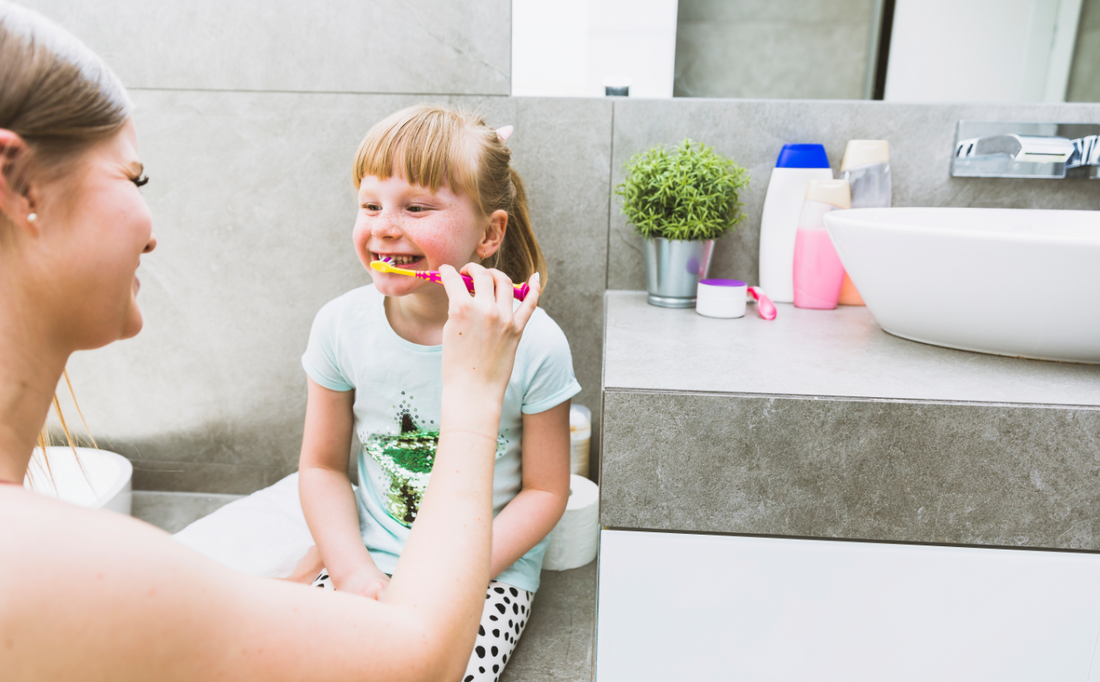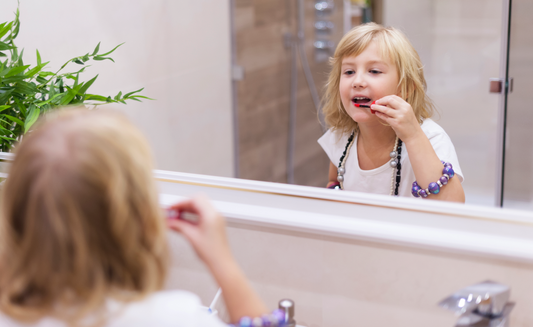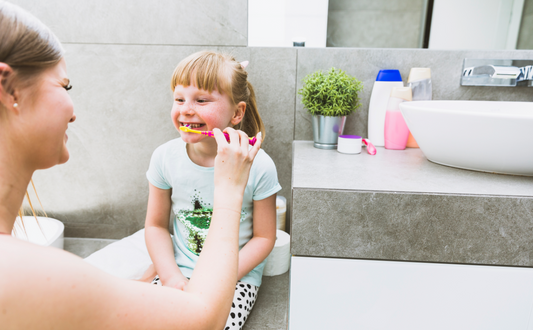Discover expert tips for effectively brushing your child's teeth, especially for those with sensory and special needs. Learn about the benefits of using sensory electric toothbrushes and soft-bristled options, and how to make toothbrushing a fun and engaging activity. Help your child develop healthy oral hygiene habits with our practical advice and guidance. Read on to transform toothbrushing time into a positive and enjoyable experience for both you and your child.
Parents often share their struggles with tooth brushing, expressing concerns like "my child hates brushing" or "how can I get them to brush?" If you're facing similar challenges, here are expert tips to help:
1. Opt for a sensory electric toothbrush: Children with sensory challenges or special needs may find it difficult to coordinate brushing motions. An electric toothbrush provides gentle yet thorough cleaning, offering sensory input to facilitate a more comfortable brushing experience.
2. Choose a toothbrush designed for children: Motivate your child by selecting a toothbrush with fun themes or characters. Children's toothbrushes come in various colors and designs, making brushing more enjoyable.
3. Select a toothbrush with soft bristles: Soft-bristled toothbrushes gently massage teeth and gums without causing discomfort. Consult with your child's dentist to find the best option for their specific needs.
4. Make toothbrushing a fun activity: Involve your child in the process by demonstrating proper brushing techniques and engaging in interactive activities. Singing a song while brushing can make the experience more enjoyable and encourage thorough brushing.
By implementing these simple yet effective strategies, you can help your child develop positive oral hygiene habits and overcome sensory challenges associated with tooth brushing. With practice and patience, toothbrushing can become a fun and manageable activity for your little one.




